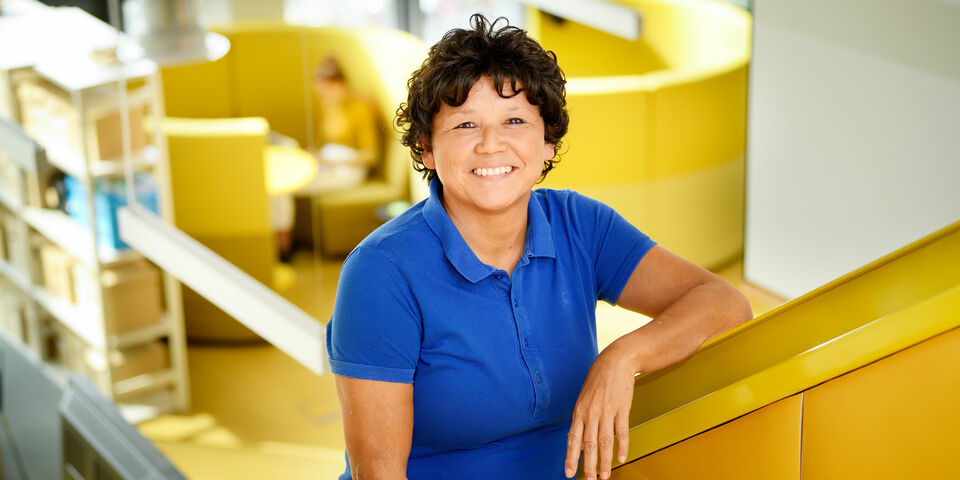Ode to the academic advisor
In this, my final column for Cursor, I would like to put my fellow academic advisors in the spotlight. Why? Because I believe it’s important that students and staff members know that academic advisors are always willing to offer their help and support in every way possible.
The latter statement won’t come as a surprise to most people. Even though I’ve noticed at times that academic advisors can’t always do their jobs to the best of their abilities because they don’t have the information they need, or because that information arrives too late.
I’ve called upon students before in my columns not to hesitate to make an appointment with their academic advisor if they feel the need to talk to someone. People make appointments for a variety of reasons; academic advisors start a conversation to find out how they can help. In many cases, there’s a question behind the original question. Sometimes, a student might make an appointment to discuss a planning issue, while in fact he or she suffers from stress due to a busy study program. In that case, it might be better to look into ways how to limit that stress; only if the student agrees, naturally.
Regardless of the reason, students can always discuss their problems within the safety and trust of four walls. I don’t mean to say that academic advisors also act as psychologists or therapists. They don’t. But we all know how to coach someone, and we offer advice when necessary. We can listen and we can help students tackle their problems in the best way possible. And, naturally, we know when to refer a student if they need a different kind of help, within TU/e our outside.
Several initiatives have been launched with the aim of improving student well-being. I believe that’s a good thing. If students wish to discuss certain issues amongst themselves, far be it for me to disagree. But we do need to make it clear to students that they can always contact their department’s academic advisor if they feel the urge to talk about personal matters. Academic advisors are familiar with the standard study program, and they can determine whether any adjustments need to be made and when personal circumstances play a role. And there usually is no waiting list for an appointment. Of course, we can’t achieve the impossible when our agendas are full. But we will do our best to find room in our agendas when a student sends an email with a request for an appointment.
In conclusion, I would like to say that academic advisors can provide input and make policy proposals, all of which contributes to a feasible study program. In my opinion, we aren’t consulted enough, despite the fact that we have so much valuable information to offer. That is why I implore everyone involved with the implementation of the Bachelor College 2.0, which is scheduled for September 2023, to ask academic advisors for input and to embrace their feedback on preliminary plans for change. I’m sure that this will lead to an optimal implementation in the end.
I wish everyone a happy, relaxed summer holiday.


Discussion